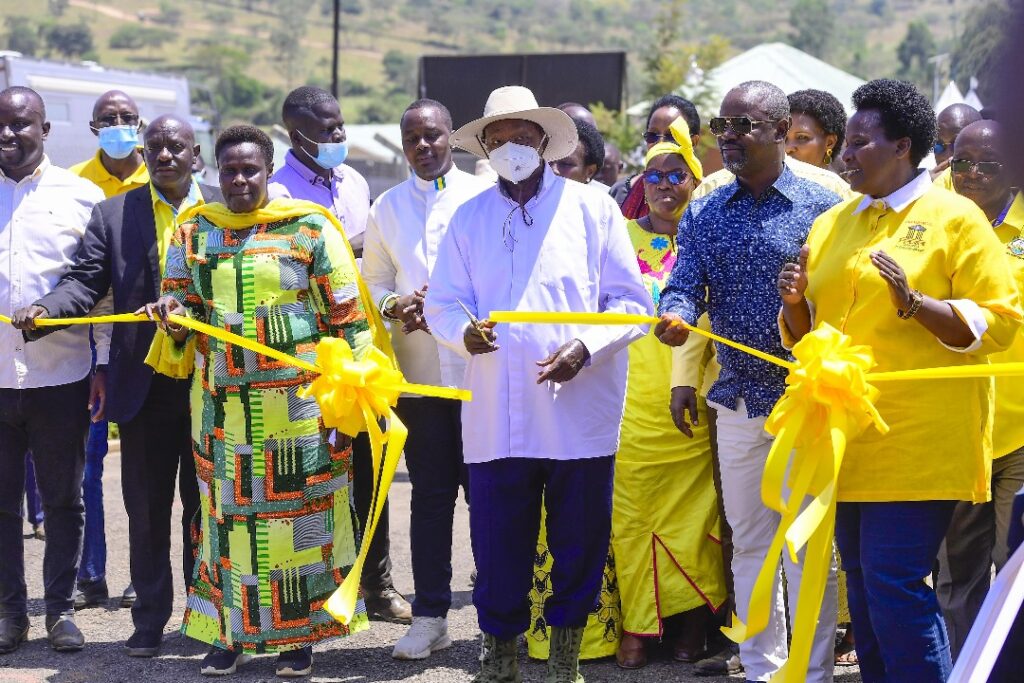
NAKASEKE.
Districts in Greater Luweero including Luweero, Nakasongola and Nakaseke have acquired a mini-industrial skilling hub offering free training .
The hub , which is supported by the Uganda Industrial Research Institute will be churning out at least 100 trainees annually .
While the skilling programmes initially targeted the youth and women, the offer extended to all locals interested in the textile related training free of charge is expected to boost job creation and employment.
Ms Milly Nakafeero, a resident of Nakaseke Town Council believes that the free professional training that is backed up with certificates after assessment will build capacity of the residents to initiate textile related income projects.
“We pray that the youth and women in our area tap into the opportunity offered for the free professional training. I have a textile shop at Nakaseke Town and hope to utilize this opportunity to professionalise my business to attract tenders to supply school uniforms to schools among other institutions,” she said
But Ms Rose Namayanja Nsereko, a director at the Namayanja Foundation partnering with the Uganda Industrial Research Institute to roll out the textile training, says the initial training is targeting the youth and women that show interest and desire to professionalise in textile production.
“The Uganda Industrial Research Institute has extended the State of Art textile machines to boost the training programmes at Nakaseke Textiles Skills Development and Production Centre to offer free of charge training. The women and youth will be a priority for the initial enrolment,” she said.
The Mini- skilling hub has been equipped with industrial sewing machines that have capacity to produce at least 2,000 shirts among other garments per 8-hours. Persons skilled in textile industrial operations can start with low capital once they acquire the machines to boost self-employment as part of the skilling project, Prof. Charles Kwesiga the Executive Director at Uganda Industrial Research Institute says.
“The government plan to support the roll out programme for mini- industrial training hubs targets bridging the gap between training and production. It is not just about giving our certificates to the trainees ,but ensuring that they make a difference in life after the training. We want to see more entrepreneurs after the training,” he said
Unlike the vocational studies training institutions that require academic requirements, the mini-industrial hubs offer training opportunities to people who may not possess particular academic qualification standards including the Ordinary Level Certificates.